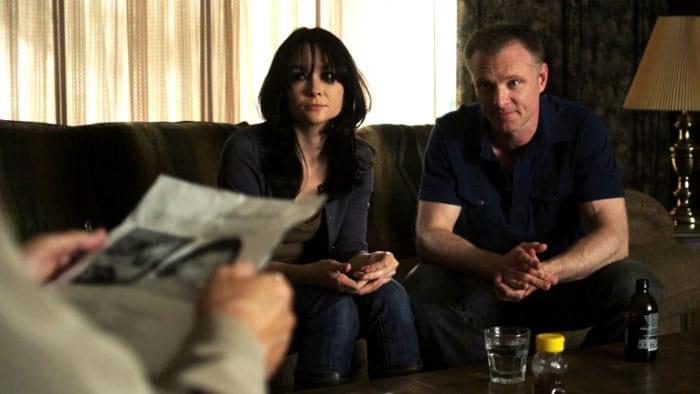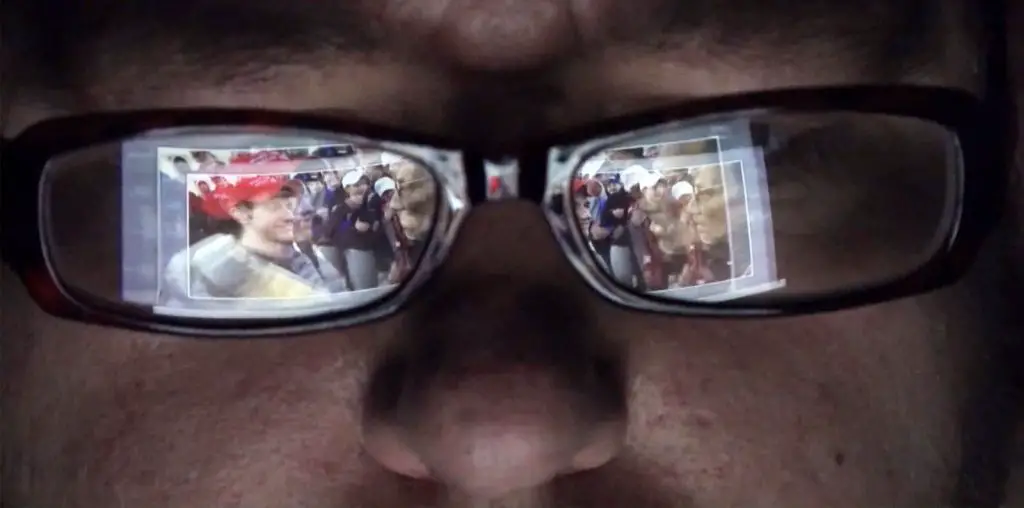
One of the most often regurgitated talking points in the United States is that we are the world’s wealthiest nation, and we have prosperity like no other. But that rose-tinted myth comes into sharp relief when confronted by the very basic need for healthy and nutritious food. While many wealthier and well-to-do communities seemingly never have to worry about getting fresh food, the same is not true for communities defined by working-class families and minority populations, where the access to healthy food is a calculated and continuous endemic issue. Such is the subject in Emily Stubb’s compelling documentary short Deserted, exploring the realities and histories of urban food deserts.
The film declares (in a way) that in such a prosperous country such as the USA, access to “healthy, nutritious food should be a basic human right, one shared by all.” That isn’t to say that food deserts have no food sources at all, but food with nutritional value outside of fast food and corner store convenience is a difficult find, with a direct focus on Baltimore City neighborhoods offering almost non-existent choices for its residents. While also quickly traipsing the history of redlining housing policies, as well as urban development and “renewal” in the past several decades, the film also raises awareness of numerous people making whatever differences they can to bring nutritious food sources into these barren communities. These stories are interjected by interviews with Baltimore grade school students exploring not only the common food in their neighborhoods, and their favorites, but the reasons for why their communities are unhealthier than others.
“…a direct reminder to those who live in these situations that unhealthy environments breed unhealthy people…”
Through stylish and taut editing and motion graphics we are pulled into the story, the people and their collective efforts to bring better food into their communities keep us invested, and the emotional impact of each subject’s story is felt with individualized weight – that is thoroughly impressive for a 20-minute short. The avalanche of visual and auditory material bursts from the film’s seams, and as a result, some of the contextual information that an uninformed audience would require is glossed over (redlining specifically), but from Stubb’s own admission, the oversimplification or exclusion of certain elements were mainly due to time constraints than anything else. So I give that a pass, especially since Stubb is already in production of a sequel installment, this time documenting how Los Angeles corner store owners are “changing the convenience store paradigm.”
Equally emblematic of deeply systemic issues inflicting marginalized urban communities, Deserted also is a direct reminder to those who live in these situations that unhealthy environments breed unhealthy people and that a collective effort to revitalize these communities by those who live there is absolutely necessary to combat the detriments of urban decay.
Deserted (2018) Directed by Emily Stubb.
9 out of 10


